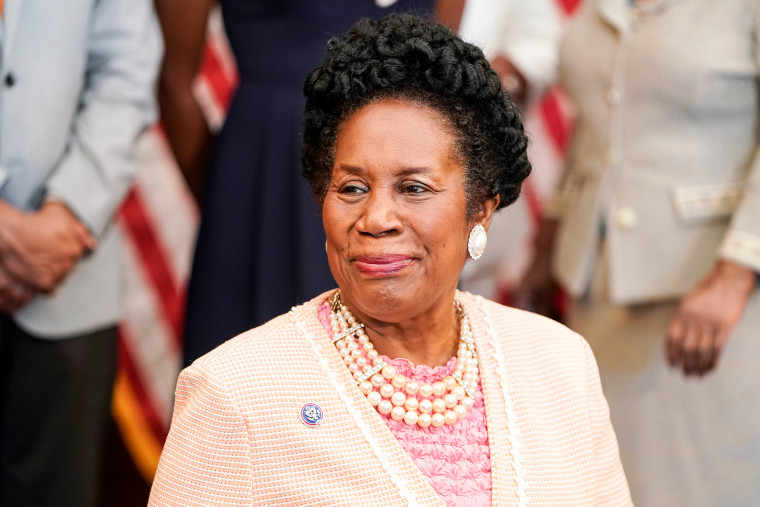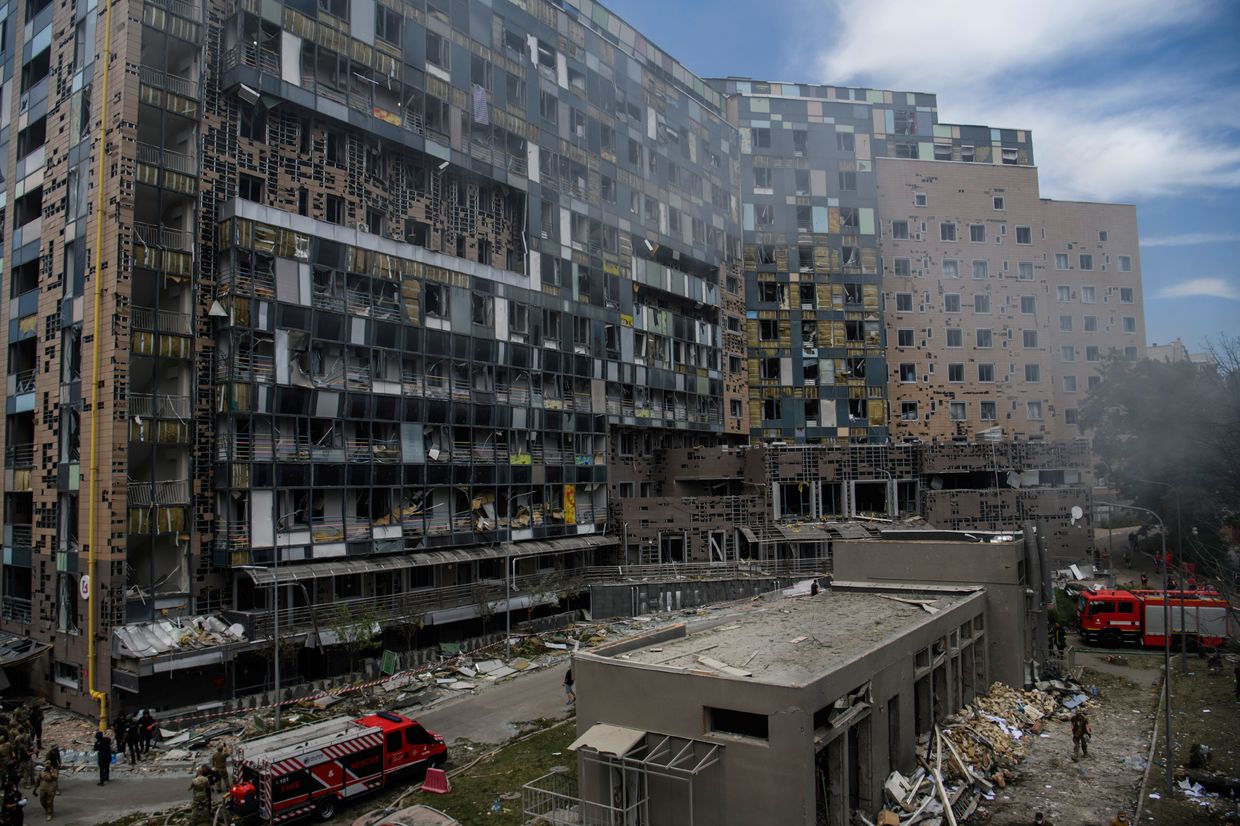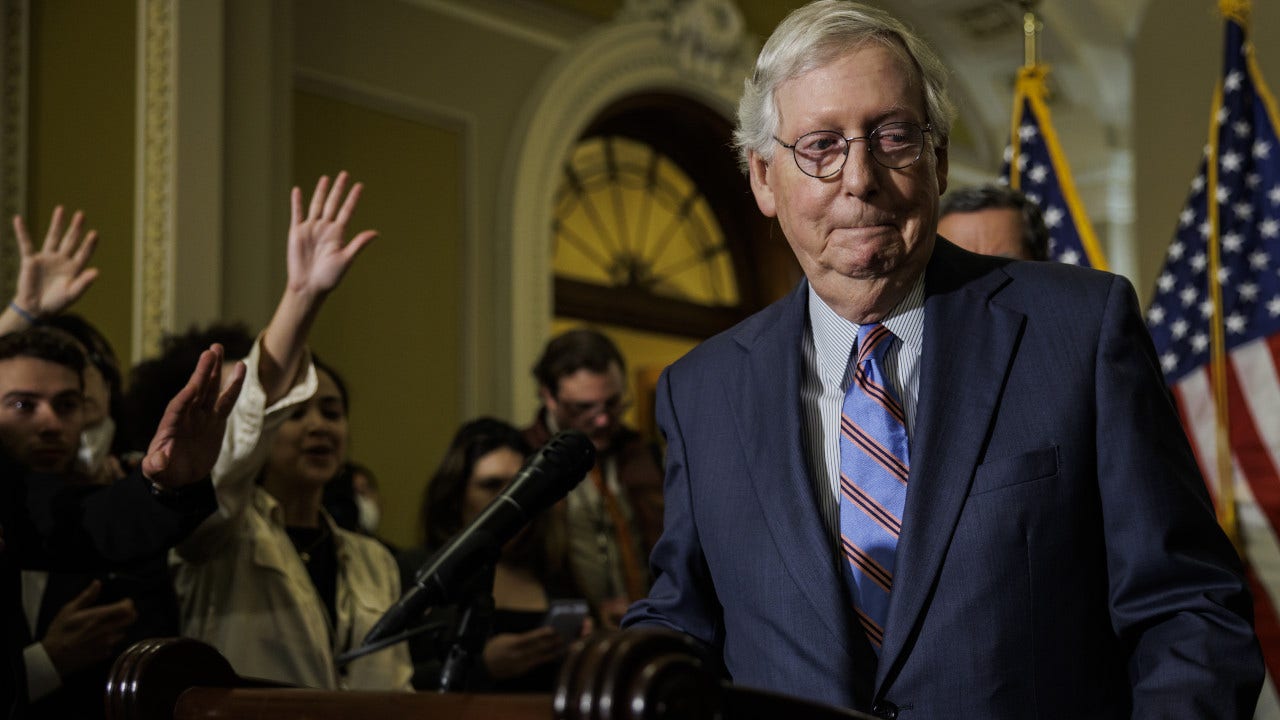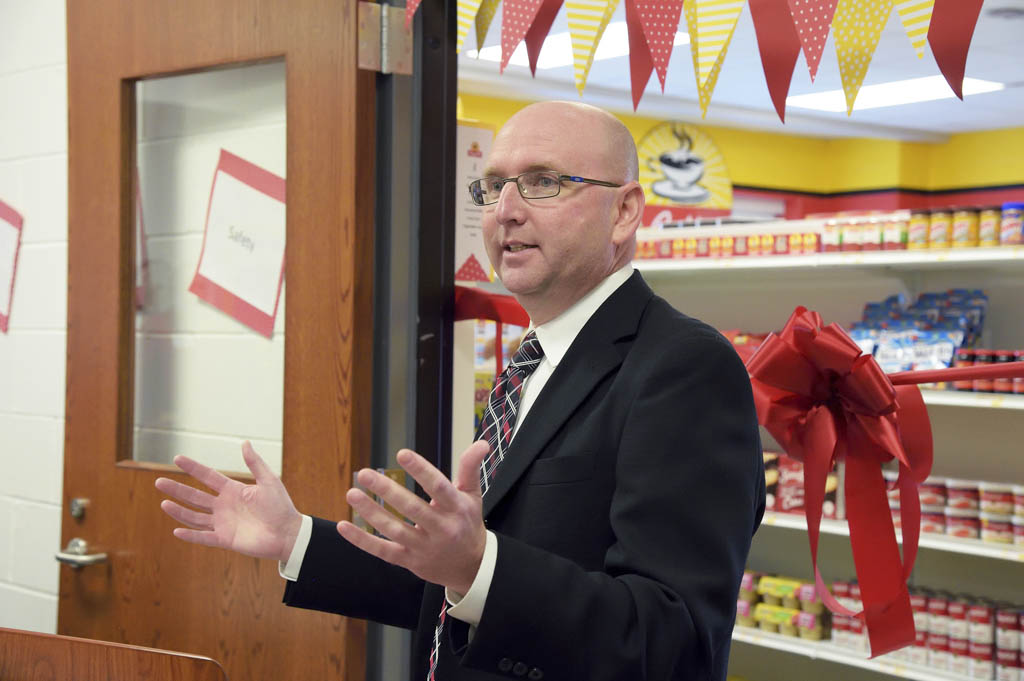Local health departments in New Jersey have long struggled to balance limited funding and staffing with a broad list of needs, from inspecting restaurants to preventing drug overdoses to vaccinating residents against the flu.
COVID-19 has only increased their burden due to the need for public education, testing and tracking the spread of the virus, and ultimately vaccinations.
The Murphy administration is now implementing those local restrictions and providing an additional $117 million in new funding for public health departments in New Jersey’s counties and municipalities. The funding, announced by the state Department of Health earlier this month, comes from federal sources, including a program created in response to the COVID-19 pandemic.
“There is a great need to improve our physical and technological infrastructure, as well as our public health workforce,” state Health Commissioner Judy Persicilli said in a Nov. 16 announcement. “The past two-plus years have shown us the need and value of a strong public health system in addressing emerging threats to health and health equity. This money will provide county and local health departments with the resources they need to support their efforts.”
Where does the money goes
The funding includes a $75 million award from the New Jersey Association of City and County Health Officials, or NJACCHO, which will distribute money to eligible municipal, county and regional health departments through a separate grant process, according to the Department of Health. This grant, which spans more than two years, was funded by the Centers for Disease Control and Prevention’s federal initiative to improve capacity for disease surveillance, diagnosis, and identification and improvement of prevention strategies. State officials said NJACCHO was the only applicant.
While the state coordinated and controlled COVID-19 testingcontact tracing and vaccination, much of this work has been done by more than 100 local, county and regional health authorities.
Marconi Gapas, Union Township health specialist and NJACCHO president, welcomed the opportunity to continue the partnership with the state. “[This] The grant is a step forward in addressing the significant needs of our healthcare infrastructure. Supporting our local health care agencies is critically important at this critical time as our communities recover from the pandemic,” Gapas said during the funding announcement.
Another $41.5 million — from the federal Rescue America Plan passed in 2021 to offset the effects of the pandemic — is going directly to the county’s 21 health departments for programs, staff, technology and other infrastructure, the state said. Those awards (details below) range from nearly $4.3 million for Bergen County to $425,000 for Cape May, the health department said, but did not specify how the shares were determined.
Hudson County Executive Tom DeGuise said the $3.1 million allocated to his county will help build a multi-faceted public health network spanning 12 municipalities. “As New Jersey’s most diverse county, equity and inclusion remain at the forefront of health care development planners here, and we appreciate that this funding reflects that concern. As we all learned in 2020, planning is key to an effective public health response,” he said.
Patchwork system
Since the first cases of COVID-19 were identified in New Jersey in March 2020, more than 2.5 million New Jersey residents have been infected and about 35,000 have died as a result. While the state coordinated and oversaw testing, contact tracing and vaccination, most of that work was done by more than 100 local, county and regional health authorities.
Health Department officials could not provide more details on those grants or information on the total amount of state health funding ahead of the Thanksgiving holiday, but officials previously said that resources for local health facilities were increased in the current annual state budget of 50.7 billion dollars. The department directs millions of federal dollars each year to local health services to prevent smoking, reduce HIV/AIDS, vaccinate children and track emerging threats to public health, among other things.
A 2021 study by the Edward J. Bluestein at Rutgers University, found that New Jersey has one of the smallest health care workforces per capita in the nation.
At times, however, New Jersey received a relatively small share of this federal pie; it ranked 14th in CDC funding in 2019, but 49th per capita, according to a report by the Trust for America’s Health, a nonprofit research and advocacy organization. TFA latest report found that nearly $1.15 billion was allocated to the state in 2021 in CDC funding, with only ten states receiving more. A per capita rating is not available at this time.
Local health officials have welcomed this funding, which can represent a significant portion of their budgets, but note that it usually comes with harsh conditions. Funding for diabetes prevention cannot be used, for example, to respond to COVID-19, and this lack of flexibility became apparent during the pandemic as health officials scrambled to find new money to expand testing or hire more contact tracing, disease trackers, who are tasked with reducing the spread of the virus.
Staffing is one of the most important problems of local health authorities, experts note. A 2021 study by the Edward J. Bluestein at Rutgers University, found that New Jersey has one of the smallest health care workforces per capita in the country.
New Institute of Health Care
To build a more robust health care system, the Robert Wood Johnson Foundation committed $1 million and hired Acenda Integrated Health, a Burlington County-based behavioral health provider. Institute of Public Health. A concept now active in dozens of states, these institutes partner with government and health care providers to expand public education, increase contact tracing capacity, and provide resource outreach to underserved communities. Acenda has two years to finalize the concept for New Jersey, define goals and bylaws, and recruit partners.
According to state officials, the $41.5 million in grants earmarked for the county’s health infrastructure will be distributed as follows:
-
- Atlantic County: $1,224,215
- Bergen County: $4,246,633
- Burlington County: $2,067,037
- Camden County: $2,331,954
- Cape May County: $425,906
- Cumberland County: $683,984
- Essex County: $3,806,296
- Gloucester County: $1,355,605
- Hudson County: $3,127,534
- Hunterdon County: $578,453
- Mercer County: $1,718,111
- Middlesex County: $3,832,520
- Monmouth County: $2,873,271
- Morris County: $2,275,010
- Ocean County: $2,889,495
- Passaic County: $2,306,781
- Salem County: $289,600
- Somerset County: $1,538,904
- Sussex County: $647,992
- Union County: $2,547,189
- Warren County: $493,001
— Editor’s Note: The Robert Wood Johnson Foundation is a major funder of NJ Spotlight News.














